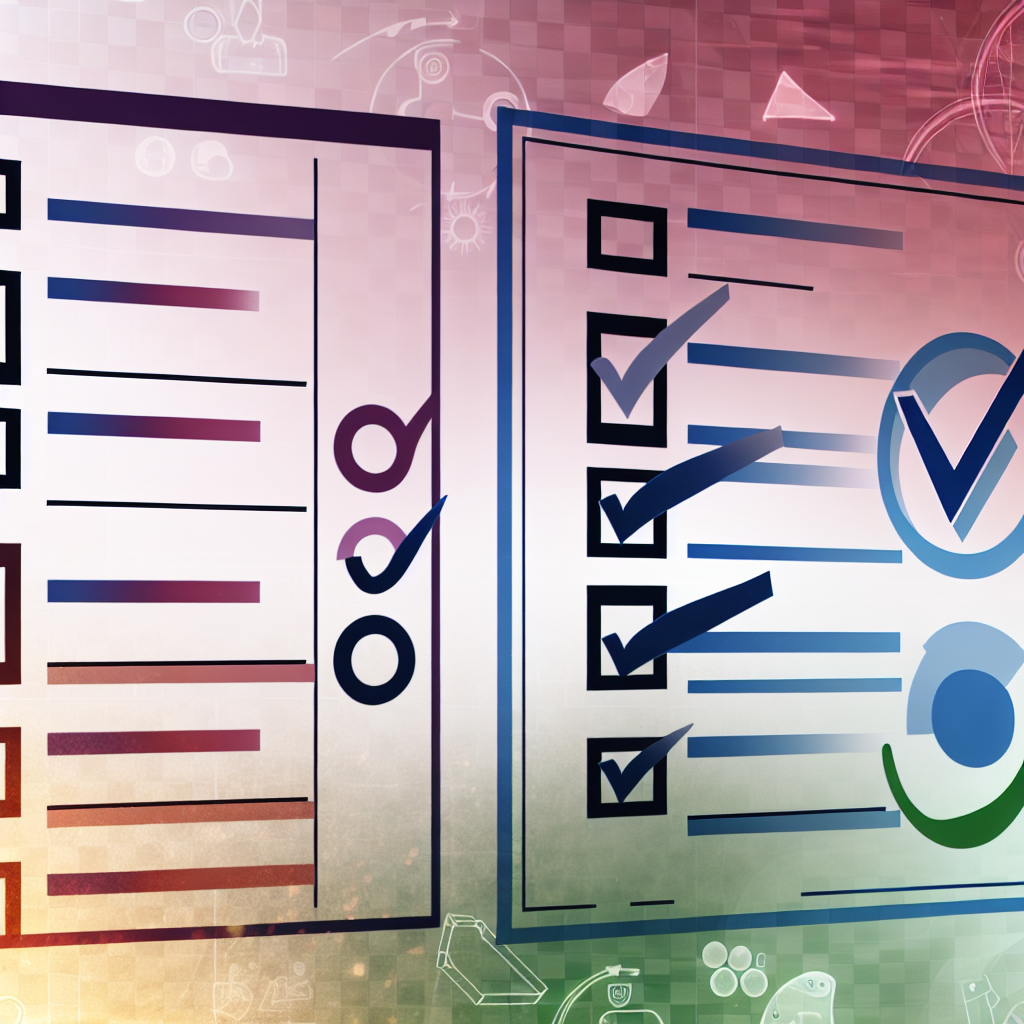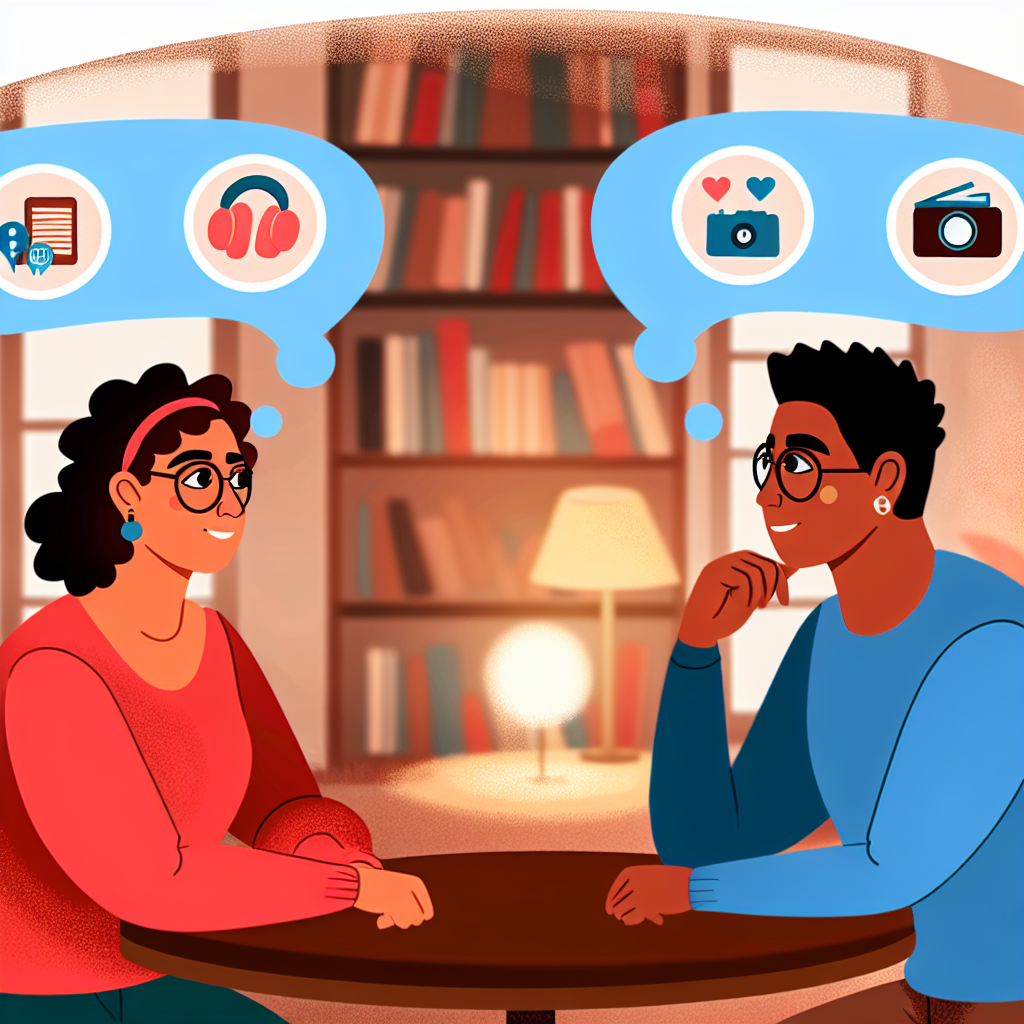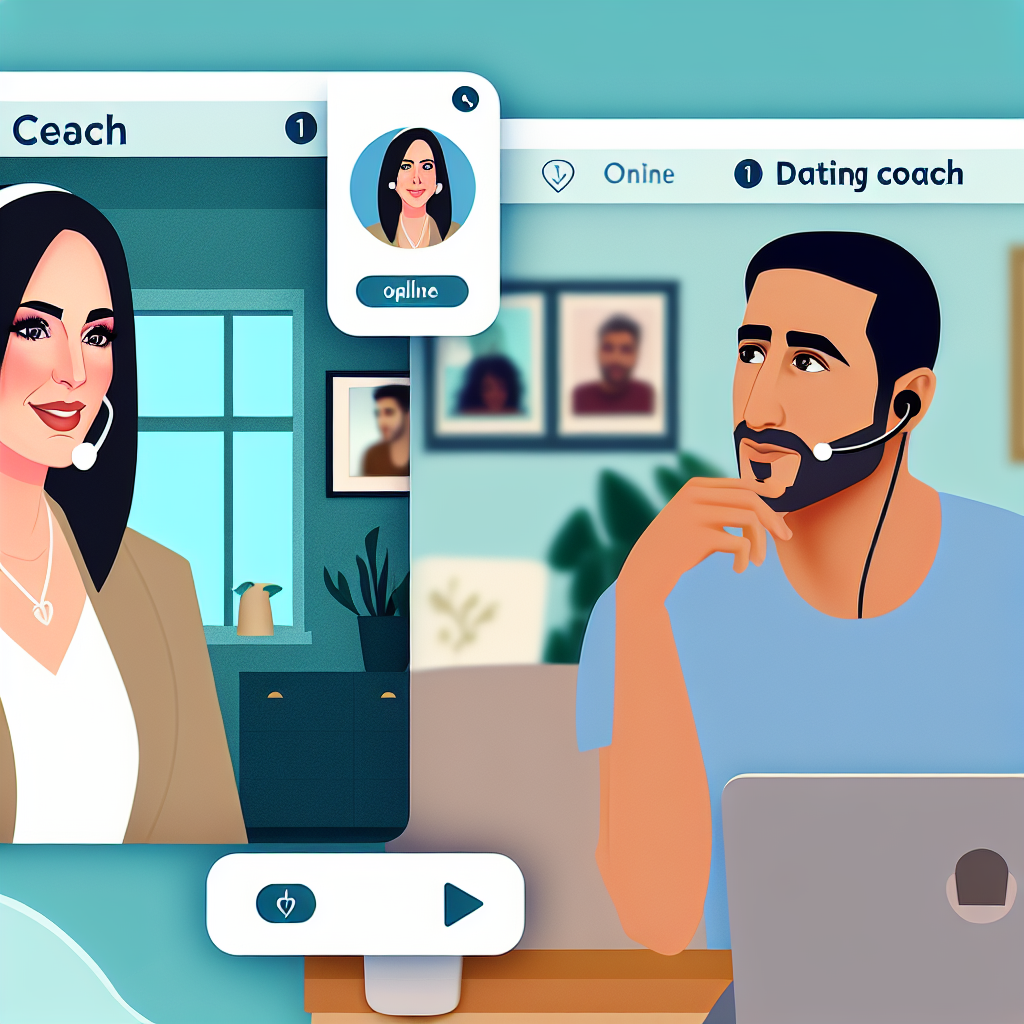Beyond the Checklist – Why a 70% Match is Often Better Than a 100% Match
Introduction
In today’s digital dating world, compatibility scores and algorithm-curated “perfect matches” dominate the narrative of modern romance. While a 100% match sounds ideal, it can foster unrealistic expectations and discourage the kind of emotional growth necessary for lasting relationships. Many singles rely on strict checklists, ruling out potential partners based on minor differences in interests or habits.
But when it comes to meaningful partnership, priorities like emotional resilience, communication, and empathy often outweigh surface-level similarities. This is where a 70% compatibility — someone who meets most but not all your criteria — can open the door to authentic connection, compromise, and personal growth.
At HitchMe.com, we help singles embracing every chapter of life to rethink perfection and explore potential. Because real relationships thrive not in sameness, but in balanced contrast.
The Science of Compatibility: What Studies Reveal
Modern psychology affirms that long-term romantic compatibility goes beyond common interests. While shared hobbies or similar life experiences might make initial conversations easier, they don’t necessarily foster enduring emotional bonds.
A 2019 study in the journal Psychological Science examined over 11,000 couples and found that individual emotional traits like resilience, empathy, and healthy emotional regulation predicted long-term satisfaction more than aligned preferences or shared personality types.
Similarly, a Northwestern University study (2014) discovered that while people often prioritize mutual hobbies or education level, a partner’s response to stress, ability to communicate, and show consistent emotional support had a far bigger impact on long-term joy.
Further research by The Gottman Institute emphasized that success in love isn’t based on avoiding conflict, but on how couples navigate disagreements. Dr. John Gottman notes the importance of creating “love maps” — a deep understanding of your partner’s emotional world — over superficial compatibility.
These insights suggest that a 100% compatibility match may not only be misleading but also counterproductive. High alignment can lead to stagnation, while moderate compatibility invites curiosity and mutual growth.
Why a 70% Match Works Better: Real-World Benefits
Rethinking what matters in dating means letting go of the myth of a “soulmate” who ticks every box. According to dating expert Bela Gandhi, founder of Smart Dating Academy, a 70% compatibility rate allows space for excitement and dialogue. As she states in a 2022 interview with Well+Good, differences can stimulate personal growth and keep the relationship fresh.
That 30% gap creates opportunities for compromise, deep conversations, and discovery — all essential components of emotional intimacy. Whether it’s slightly different political views, dietary habits, or recreational interests, these mismatches can become the foundation for learning and shared experiences.
This is especially relevant for older adults re-entering the dating scene. With life experience comes a refined sense of values — but also emotional baggage. A perfect match may seem tempting, but a partner who simply understands, adapts, and listens can offer far more comfort and companionship.
Checklist Mentality vs. Emotional Compatibility
The overwhelming reliance on dating criteria — everything from height and salary to music taste and diet — can quickly narrow the dating pool. While some standards are non-negotiable (e.g., core values or parenting goals), others are habit-based or aesthetic preferences that don’t significantly affect long-term contentment.
Emotional compatibility — the ability to communicate openly, respect boundaries, and emotionally support one another — consistently outranks shared lifestyle points in scientific studies. Unfortunately, while many dating platforms prioritize visible traits, they often underrepresent qualities like adaptability or emotional intelligence.
Letting go of a rigid dating checklist cultivates openness — which in itself is a key ingredient in healthy love.
Conclusion
Finding a life partner isn’t about checking every box, but about discovering someone with whom you can evolve. Aiming for a 70% compatibility match gives space for compromise, growth, and emotional depth. Pushing for a 100% match can unintentionally box you into an echo chamber of yourself — limiting shared discovery and meaningful dialogue.
At HitchMe.com, we encourage daters to focus less on matching features, and more on building shared experiences. True love is not about perfection, but connection — and sometimes that connection starts where the checklist stops.
Concise Summary
Challenging the myth of the “perfect match,” this article explores why aiming for a 70% compatibility score is more beneficial for long-term romantic fulfillment than chasing 100% alignment. Backed by psychological research and expert advice, it shows that emotional traits and communication matter more than shared hobbies or traits. A 70% match invites curiosity, growth, and genuine intimacy, while a 100% match may limit emotional development and connection. By moving beyond superficial checklists and embracing balanced compatibility, individuals can find more authentic and enduring relationships at every stage of life.
References
– Psychological Science, “The Role of Personality Similarity in Romantic Relationships”
– The Gottman Institute – Research on Relationship Dynamics
– Northwestern University – Love Factors and Long-Term Compatibility
– Well+Good, Interview with Bela Gandhi
– Smart Dating Academy, Bela Gandhi
For more personalized insights and relationship strategies, visit HitchMe.com.

Dominic E. is a passionate filmmaker navigating the exciting intersection of art and science. By day, he delves into the complexities of the human body as a full-time medical writer, meticulously translating intricate medical concepts into accessible and engaging narratives. By night, he explores the boundless realm of cinematic storytelling, crafting narratives that evoke emotion and challenge perspectives. Film Student and Full-time Medical Writer for ContentVendor.com




